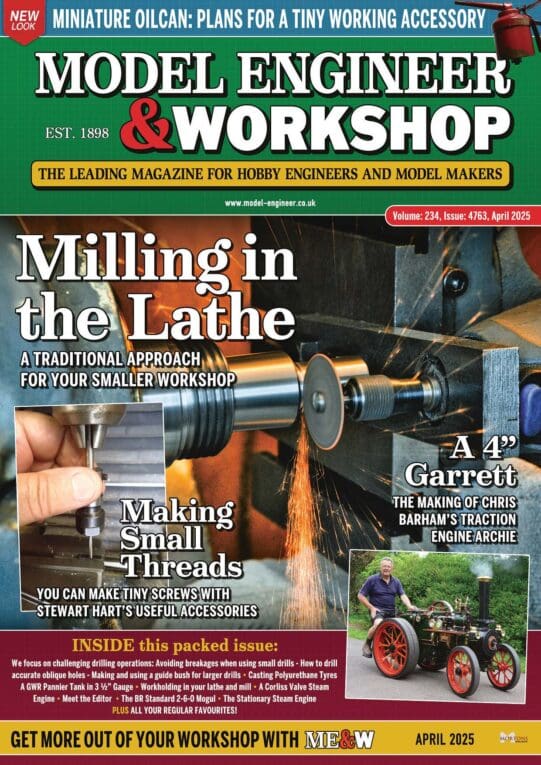I'd like to describe a situation I found myself in some years ago, and what I did, or rather refused to do, to get out of it.
First, I am, or rather was, an apprentice trained telecomms technician, and as such can be expected to know something about electrics, but not necessarily the finer details of home wiring. Nevertheless, I have successfully, and safely, done electrical wiring and re-wiring in my own homes, including changing/fitting consumer units. This, of course, was pre Part P.
Behind our previous house there is a row of terrace houses and we, as you might expect became friendly with the lady in the house immediately behind us. She developed a problem and my wife asked me to have a look. The problem was that the television had stopped working. The tv was connected to a 5A round pin 3-pin plug which in turn was connected via an adaptor to a 15A socket on the skirting board which itself was about 4" high. The 15A socket was wired to one of two metal consumer units in a corner of the cellar. The consumer units were on adjacent walls and were connected together by means of an earth wire stretched across the corner. Permanent cabling appeared to be a mixture of TRF & Plastic. The cause of the problem was a blown fuse which I changed (rewired). On my way out, I noticed that the hall light switch had lost its cover plate leaving exposed terminals.
When, inevitably, the fuse failed again, I refused point blank to return saying that I considered the installation dangerous, and I wasn't going to risk getting involved with the authorities in case of electrocution or fire. Accordingly, the local electricity board people turned up, replaced the fuse (I presume) and put insulation tape of the exposed switch. Later the house was rewired.
My advice is to always err on the side of safety and self protection. Unless you are in the trade as it were, do not do anything like this for other people because if it goes wrong, then who is going to get the blame? By all means show people what you have done, but let them make their own modifications.
It may seem like a cop-out, but in today's climate where lawyer's are always looking for someone to sue, one cannot be too vigilant in protecting oneself against claims of negligence.
Regards,
Peter G. Shaw
 Neil Wyatt.
Neil Wyatt.

 on a normal licence as long as you weren't charging the passengers, eg for a works bus or football team. That was ridiculous of course, so it's a good thing they changed the law. It covers anything from a midibus (>3.5t) to a large coach, urban bus or double decker.
on a normal licence as long as you weren't charging the passengers, eg for a works bus or football team. That was ridiculous of course, so it's a good thing they changed the law. It covers anything from a midibus (>3.5t) to a large coach, urban bus or double decker.

